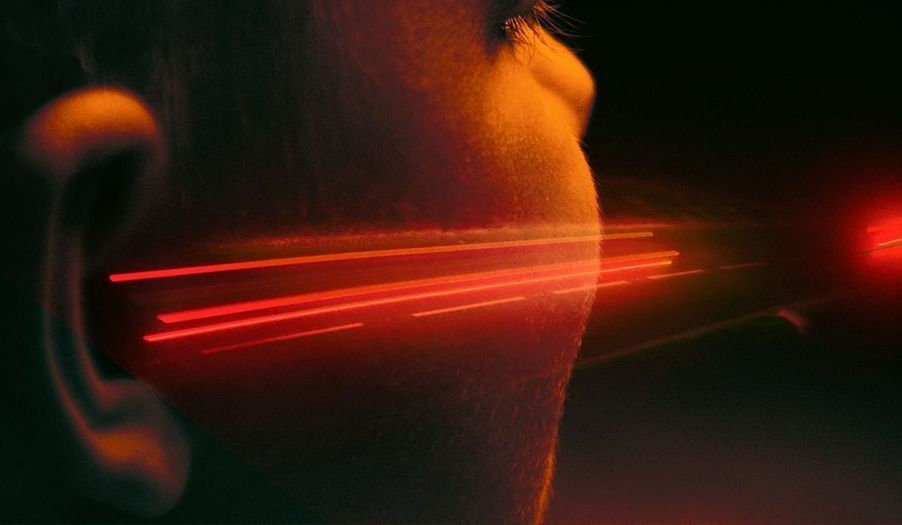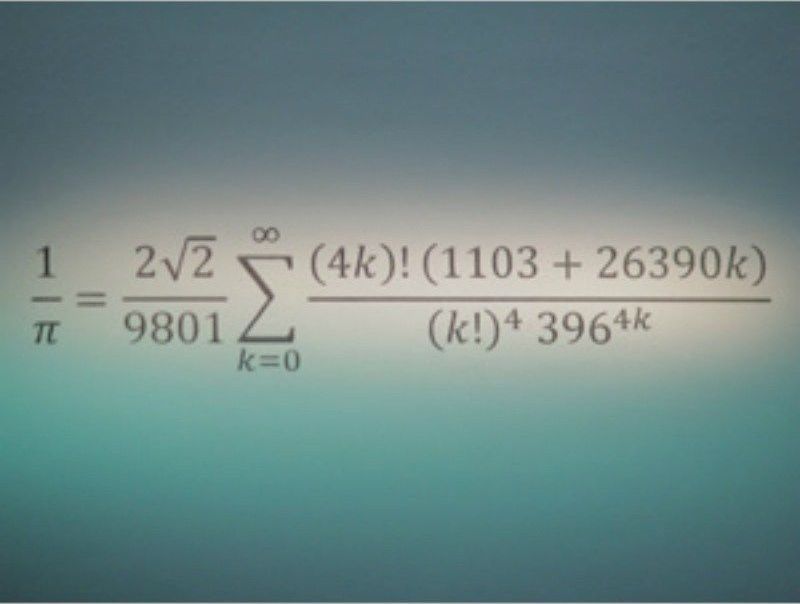Compared to macaques, human brains respond much more strongly to music.
Category: media & arts – Page 121

Doctors Now Prescribing Music Therapy for Heart Ailments, Brain Dysfunction, Learning Disabilities, Depression, PTSD, Alzheimers, Childhood Development and More
Music has proven time and again to be an important component of human culture. From its ceremonial origin to modern medical usage for personal motivation, concentration, and shifting mood, music is a powerful balm for the human soul. Though traditional “music therapy” encompasses a specific set of practices, the broader use of music as a therapeutic tool can be seen nowadays as doctors are found recommending music for a wide variety of conditions.


Stallone in ‘Terminator 2’: How Deep Fake Could Change Movies Forever
It might be a fun game for film fans, but how will “deep fake” technology actually change the future of filmmaking?
In a viral sensation that has been bouncing around the internet, some very popular and very interesting videos have used this budding “Deep Fake” technology to superimpose different people and actors into some of our favorite film scenes.
Found by the Ultimate Action Movie Club, here’s an example of the tech at work replacing Arnold Schwarzenegger’s famous intro scene in Terminator 2 with Sylvester Stallone.
By turning molecular structures into sounds, researchers gain insight into protein structures and create new variations
Researchers at MIT have developed a system for converting the molecular structures of proteins, the basic building blocks of all living beings, into audible sound that resembles musical passages. Then, reversing the process, they can introduce some variations into the music and convert it back into new proteins never before seen in nature. Credit: Zhao Qin and Francisco Martin-Martinez.
Want to create a brand new type of protein that might have useful properties? No problem. Just hum a few bars.
In a surprising marriage of science and art, researchers at MIT have developed a system for converting the molecular structures of proteins, the basic building blocks of all living beings, into audible sound that resembles musical passages. Then, reversing the process, they can introduce some variations into the music and convert it back into new proteins never before seen in nature.
Although it’s not quite as simple as humming a new protein into existence, the new system comes close. It provides a systematic way of translating a protein’s sequence of amino acids into a musical sequence, using the physical properties of the molecules to determine the sounds. Although the sounds are transposed in order to bring them within the audible range for humans, the tones and their relationships are based on the actual vibrational frequencies of each amino acid molecule itself, computed using theories from quantum chemistry.

How Russia’s Citizens Can’t Escape Their Largest Tech Company
Five years ago, Yandex was just a search engine trying hard to fend off Google in its local market. Since then it has bought Uber Technologies Inc.’s Russia business, built its voice assistant into cars and home appliances, and more than doubled its revenue. Yandex now claims to have 108 million monthly users, which is about 75% of Russia’s population.
I’m woken up by an alarm on a home speaker designed by Yandex NV. I go to work in Yandex taxi listening to the company’s music-streaming service. My lunch is delivered by Yandex. Eats. I buy sneakers on the company’s Beru marketplace, and catch up on a series on its Kinopoisk smart-TV app in the evening.
You get the picture. Not so long ago, most decisions in Russia were decided by the state. Now, Russia’s largest tech company can cater to your every need.


MIT Used a Laser to Transmit Audio Directly Into a Person’s Ear
Scientists have figured out how to use a laser to transmit audio, ranging from music to speech, to a person across a room without any receiver equipment — a potential breakthrough for the future of audio and communication.
“Our system can be used from some distance away to beam information directly to someone’s ear,” Massachusetts Institute of Technology research Charles M. Wynn said in a press release. “It is the first system that uses lasers that are fully safe for the eyes and skin to localize an audible signal to a particular person in any setting.”


Driverless cars: once they’re on the road, human drivers should be banned
Self-driving cars could revolutionise people’s lives. By the end of the next decade, or perhaps even sooner, they could radically transform public spaces and liberate us from the many problems of mass car ownership. They’ll also be much better behaved than human drivers.
Robot drivers won’t break the speed limit, jump the lights, or park where they shouldn’t. They won’t drive under the influence of drink or drugs. They’ll never get tired or behave aggressively. They won’t be distracted by changing the music or sending a text, and they’ll never be trying to impress their mates.
Driverless cars could also change the face of public spaces. Private cars are very expensive items that do absolutely nothing 95% of the time. They are economically viable only because paying a taxi driver for all your car journeys would be even more expensive. Once cars don’t need human drivers, this cost balance should tip the other way.